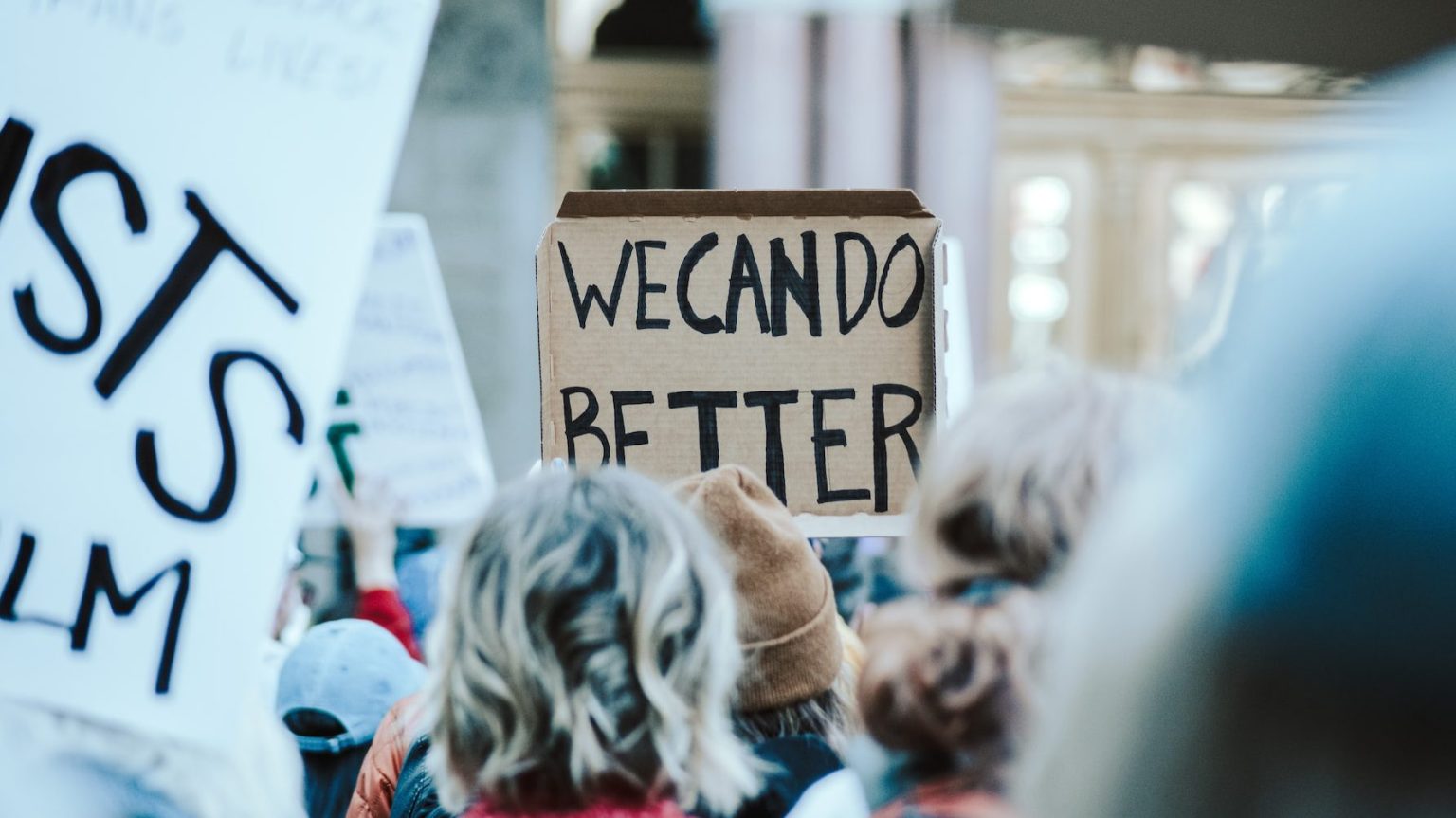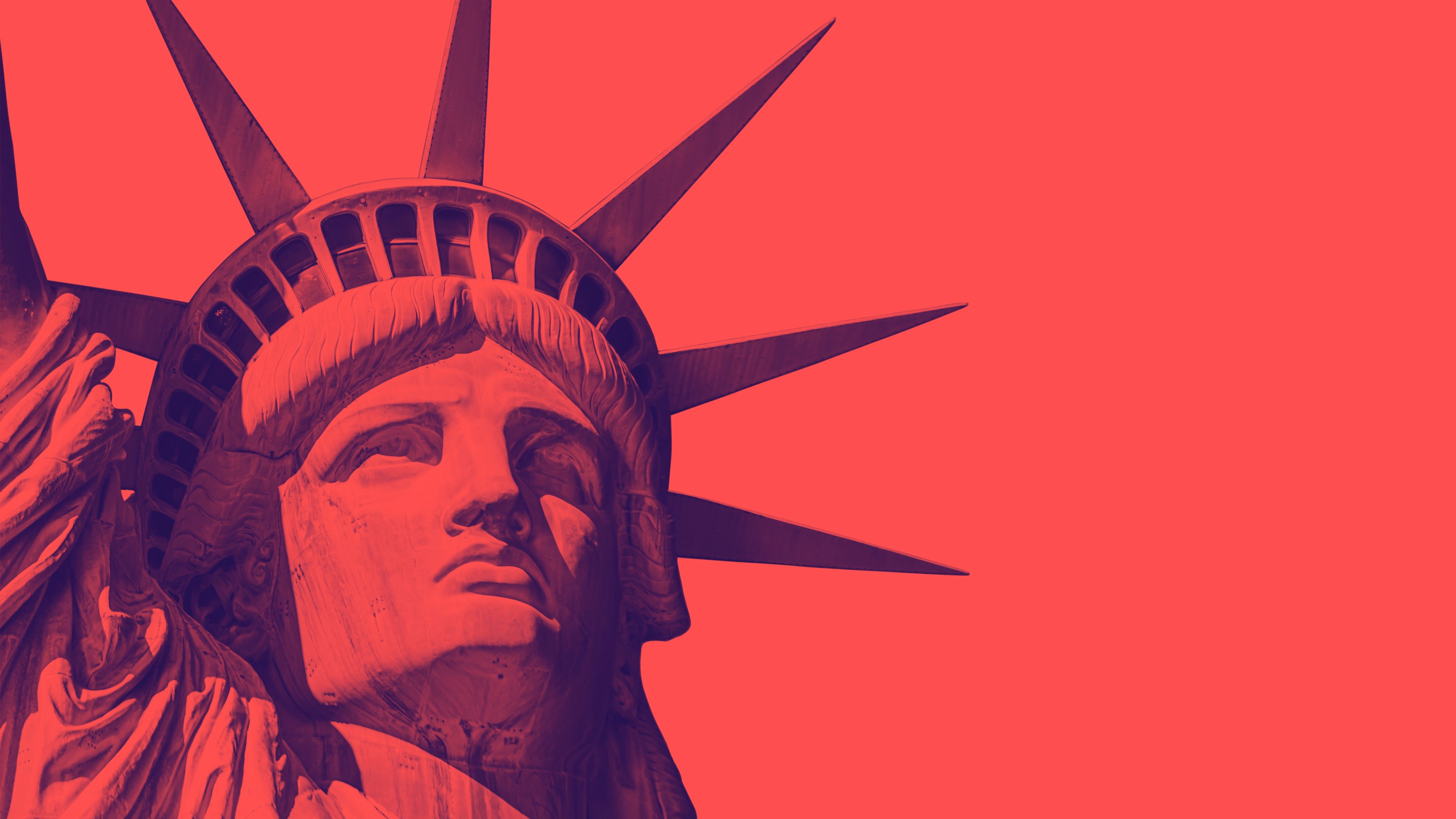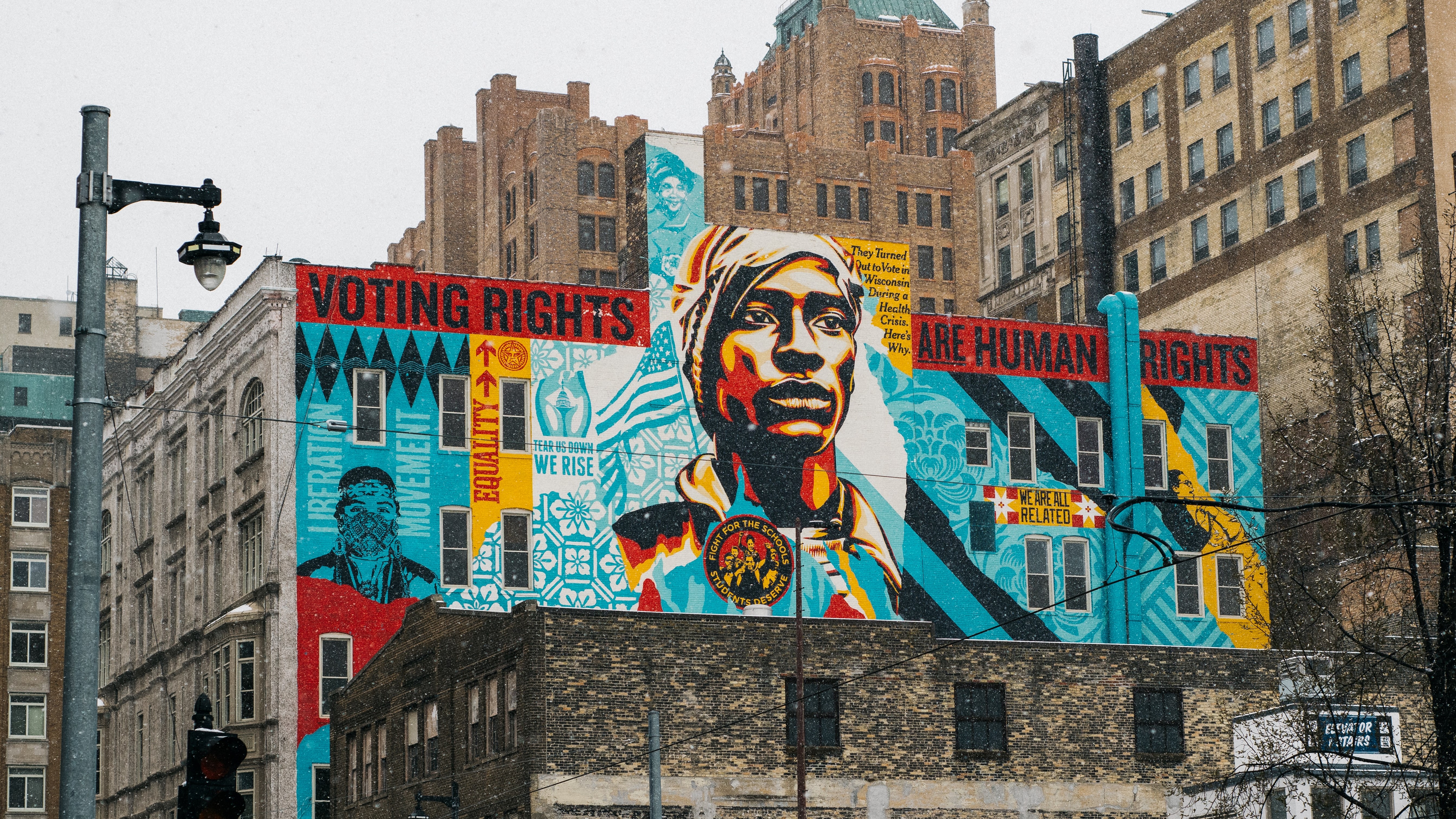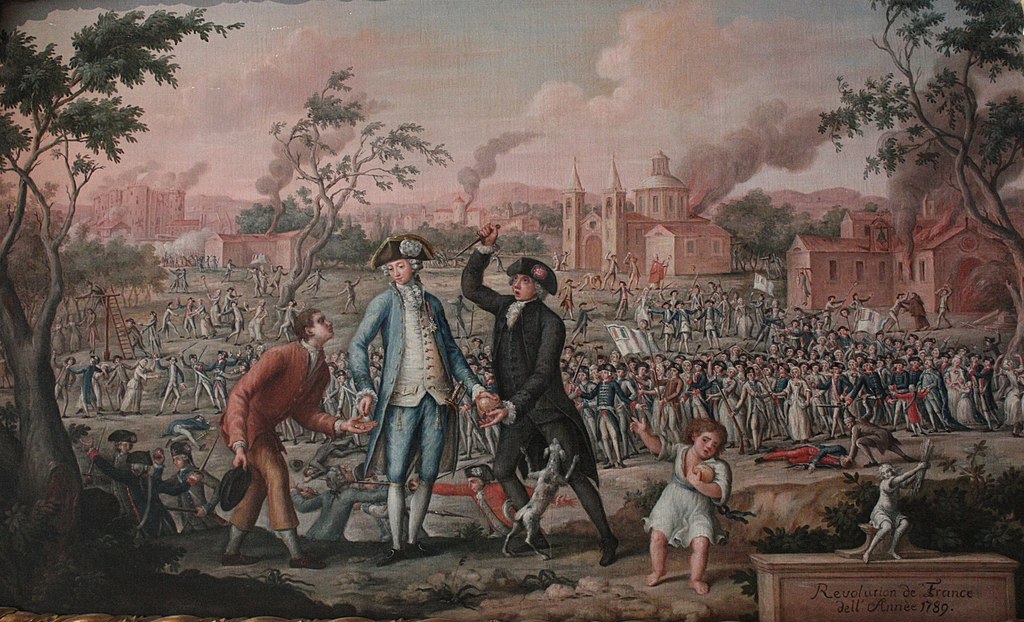Democracy can do much better: Here’s a 6-point plan to hold everyone accountable
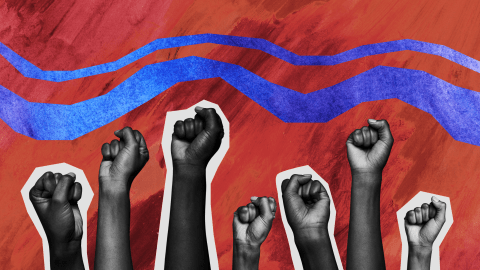
- Democracies, argues Charles Dunst, should improve the ways they hold people accountable.
- To believe and trust in their government, people must be able to understand how it operates.
- Restoring trust is essential for tackling the rise of autocracy.
What our democracies need is a return to the rule of law. We need to realize that holding everyone accountable is key to building trust in government, which itself is key to that same government’s functionality.
And because democracies are inherently more free, open and equal than autocracies, our governments can hold people accountable in a way no autocracy ever could. Democracies can truly make the guilty and negligent reap the consequences of their failings — and they must do so, both for the health of our democracies at home and for our hopes of spreading democracy abroad.
Democracies must first expand “open records” laws in government at all levels, restricting information only when genuine national security secrets are at risk of being exposed. The United States promises such disclosures, but requests under the Freedom of Information Act often take years to be fulfilled and are hugely redacted, fulfilling the letter of the law but not its spirit — and making them useless unless you file a lawsuit to force government action. Europe is bedeviled by similar problems.
The public should know how many complaints have been made against court security officers or the value of penalty fares issued by private inspectors on the tube system. I’ve lived in London; I would have liked to have known that information, and more. Yet these are examples of freedom of information requests that the UK government denied because existing laws did not cover the organizations responsible for their disclosure. There is no good reason for this: for people to believe in their government, they must be able to understand how it operates.
Second, democracies need to increase the transparency of money in politics.
A large part of the reason democratic citizens have such limited confidence in their government is because they believe their politicians’ acquiescence has been bought by big corporations. The Guardian has proclaimed that ‘big business controls government’, while the Atlantic has declared that ‘corporate lobbyists [have] conquered American democracy’.
Headlines like these may be overstating the case, but they are not altogether wrong, and they illustrate why people have such limited confidence in their government.
In the United States, some simple improvements might include passing the DISCLOSE Act, which would require full disclosure of all political spending and overhaul the country’s Federal Election Commission, an institution so dysfunctional that it can barely enforce the law.
Another suggestion for democracies everywhere is to establish or improve existing institutions charged with rooting out corruption. The Labor-led Australian government, to its credit, has promised to create such an institution. These institutions must be independent, staffed not by political allies or appointees, but by top-quality, committed public servants. There is nothing wrong with people spending money to support their preferred political causes, but ordinary citizens must know who is supporting which candidates, and that they are doing so legally.
It remains legal for just about anyone, including former top government officials, to become lobbyists for our adversaries
Third, democracies must expand what counts as illegal corruption. There remains far too much activity among politicians that is legal but corrupt and serves only to undermine public confidence in democracy. It remains legal in many democracies for politicians to accept financial contributions from individuals and groups and to in turn provide them with implicit benefits — such as weakening or strengthening certain regulations. It remains legal for former bankers, serving as US Treasury staff, to participate in multi-billion dollar bail-outs for their old firms. It remains legal for just about anyone, including former top government officials, to become lobbyists for our adversaries, as former German chancellor Gerhard Schröder has done by lobbying for Russia. And of course, it remains legal for US Congressional representatives to trade stocks even when they’re privy to inside information.
Democracies should therefore expand their definitions of corruption to account for political quid pro quos and the participation of former private sector titans in government decisions directly related to their old colleagues. Sitting lawmakers should be forced to place their investments in blind trusts, not allowed to trade stocks; even if they believe they are trading legally, the appearance of corruption serves only to undermine public trust. To that end, we should also bar former government officials from lobbying for adversarial foreign governments and state-affiliated companies attached to them. Government agencies will accordingly need to produce a yearly list of ‘adversaries’ to clarify that lobbying, say, for Taiwan’s inclusion in a trade pact is far different from lobbying for Chinese or Russian interests.
Fourth, democracies must enhance whistle-blower protections. When people come forward to report wrongdoing, either in the government or the private sector, they are risking everything; they face personal and professional harm and must be protected. But whistle-blowers are vital: they exposed President Trump’s immigration abuses and his blackmailing of Ukraine. Whistle-blowers have also exposed corruption throughout Europe, yet most European citizens believe they cannot safely make such reports because they will face reprisals for speaking up.
Even the most advanced democracies desperately need robust legislation that will strengthen whistle-blower protections.
Australia, dubbed the world’s ‘most secretive democracy,’ has repeatedly investigated journalists and whistle-blowers in a more aggressive manner than just about any advanced democracy — even raiding reporters’ homes. The country’s government also regularly issues suppression orders to keep court proceedings private and rejects public records requests. The result has been to weaken trust in the country’s governance. As Johan Lidberg, a professor in Melbourne, put it, Australia is perhaps the only ‘mature liberal democracy that pursues and hunts down whistle-blowers and tries to kill the messenger.’ August 2022 reports that former Australian prime minister Scott Morrison secretly made himself the head of several government ministries only further damaged Australian trust in government.
Clearly, even the most advanced democracies desperately need robust legislation that will strengthen whistle-blower protections. Only by doing so — by legally barring retaliation and providing whistle-blowers with the right to seek justice through the courts if they do face retaliation — can democracies ensure that wrongdoing is reported.
This is not impossible. Japan has in recent years amended its own whistle-blower protections, requiring companies to punish employees who harass or demote whistle-blowers, as well as insisting they establish a contact point and put an official in charge of documenting whistle-blowing. Tokyo has set a strong example for other democracies around the world.
Fifth, democracies need to restore public confidence in the parts of government with which ordinary people most regularly interact by instituting public annual reviews of bureaucracy, as is practiced in the UAE. But democracies can go a step further: because we are democracies, we can appoint apolitical, outside experts to review the functionality of institutions ranging from the US Department of Defense to the UK National Health Service, and everywhere in between.
And once leaders receive these results, they should publicize them, as the UAE does. This approach will certainly frustrate under-performing institutions and offices, but it will also incentivize them to perform better. Nothing pushes people like the fear of being embarrassed.
Sixth, and finally, democracies must prosecute powerful people who are clearly implicated in a crime. Trump should be prosecuted in court for his various brazen violations of US law. The bankers responsible for the 2008 crisis should have appeared in American and European courts for their willful neglect. And if they were convicted, they should not have been pardoned without good reason.
Ensuring that these people face charges is key to restoring trust in democracy. And restoring trust is key to fending off autocracy’s rise — by making clear that, unlike one-party states riven by favoritism and rivalry, we, as democracies, can and will hold everyone accountable.
